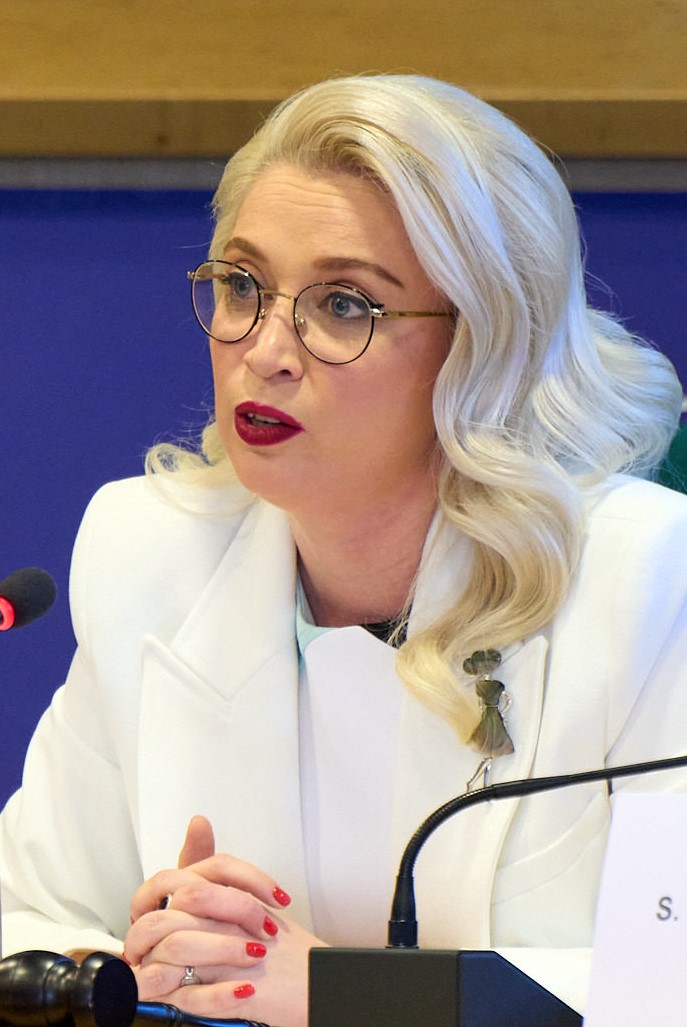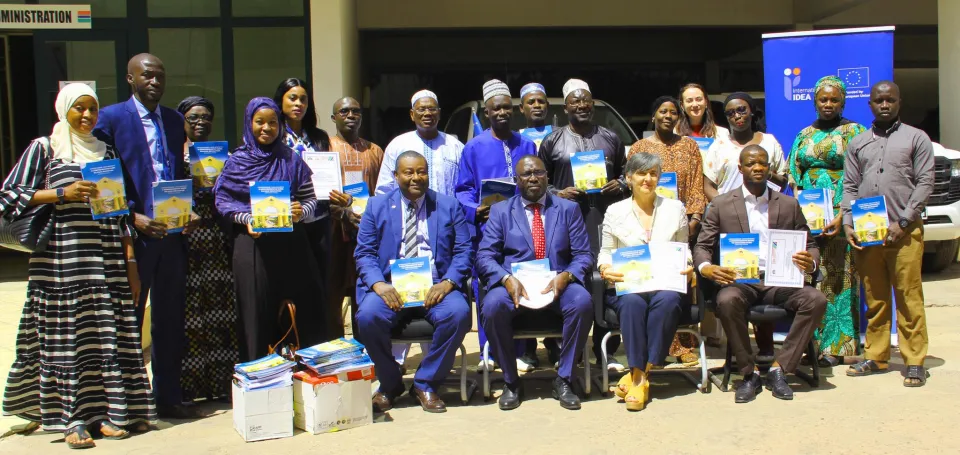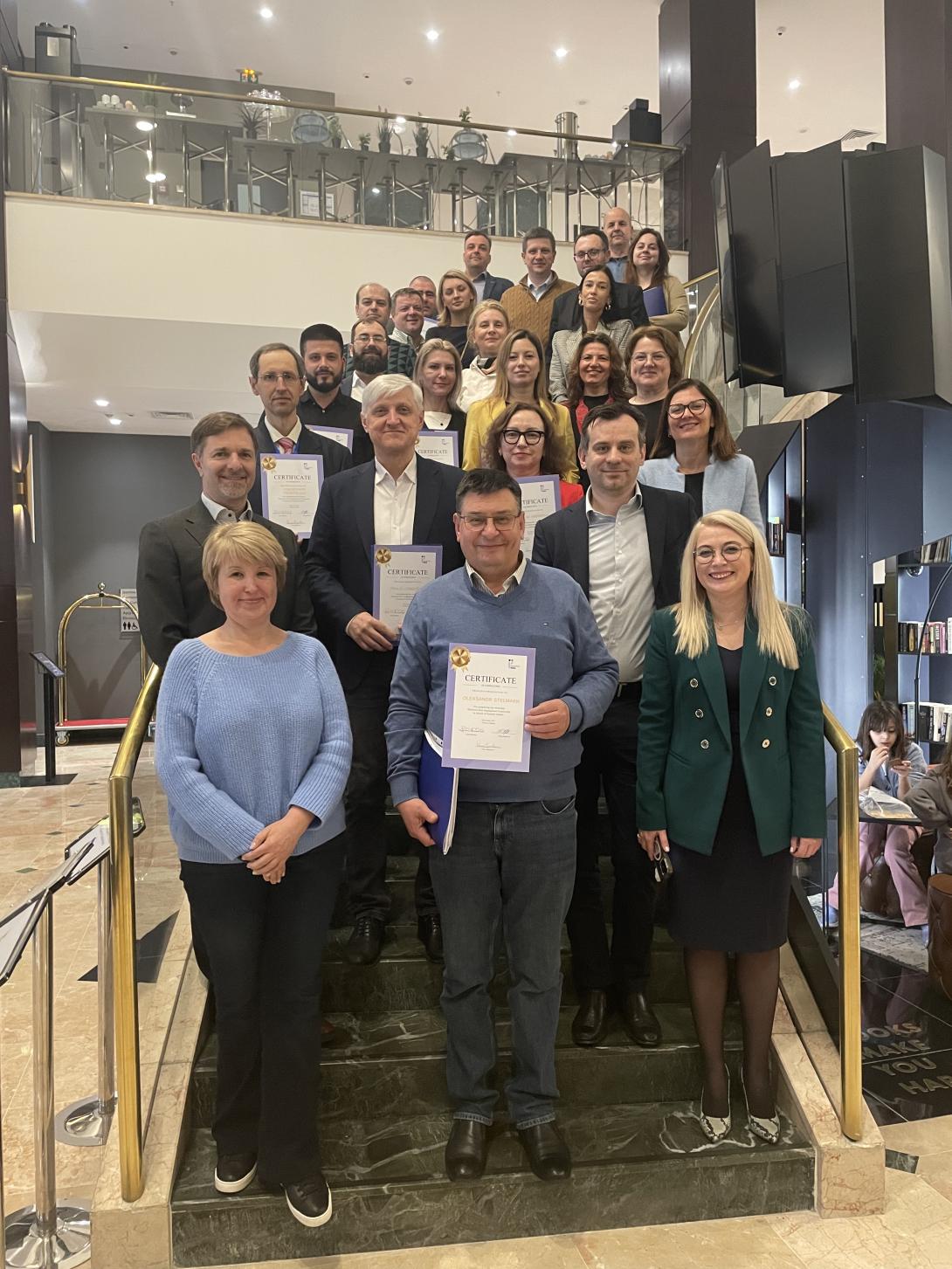
Ukraine’s Central Election Commission Works Toward Institutionalizing Electoral Risk Management

Chișinău, 2–3 April 2025 – As Ukraine looks ahead to organizing post-war elections, ensuring institutional resilience is more important than ever. In response to the Central Election Commission’s (CEC) strategic priority to institutionalize electoral risk and crisis management, International IDEA facilitated a two-day high-level workshop in Chișinău, Moldova. The workshop brought together nine Commissioners and thirteen senior Secretariat officials of the CEC of Ukraine to begin shaping a tailored Electoral Risk Management (ERM) Framework for the country.

The workshop marked a significant step toward building a permanent internal system within the CEC to anticipate, assess, and prevent or mitigate electoral risks as part of its core functions. Over the course of two intensive days, participants examined a model ERM framework, discussed how to adapt it to the Ukrainian context, and assessed the feasibility of integrating it into existing CEC procedures. The ultimate goal: to develop a practical and sustainable ERM model for Ukraine that can inform daily operations and long-term decision-making at the institutional level.
“The theoretical foundations of electoral risk management were extremely useful: defining objectives, identifying and categorizing electoral risks, and more. Our capacities were significantly strengthened by the practical exercises. We need to master the ERMTool 2, understand its settings, and gradually start using it in the work of the CEC. The strategic value of this discussion lies not only in the tools we explored but in the broader vision it supports,” said CEC Commissioner Pavlo Lyubchenko. “Studying comparative examples helps us shape a risk management model that works for Ukraine. We are continuously working to embed risk assessment and crisis response planning into the heart of the Commission’s operations.”
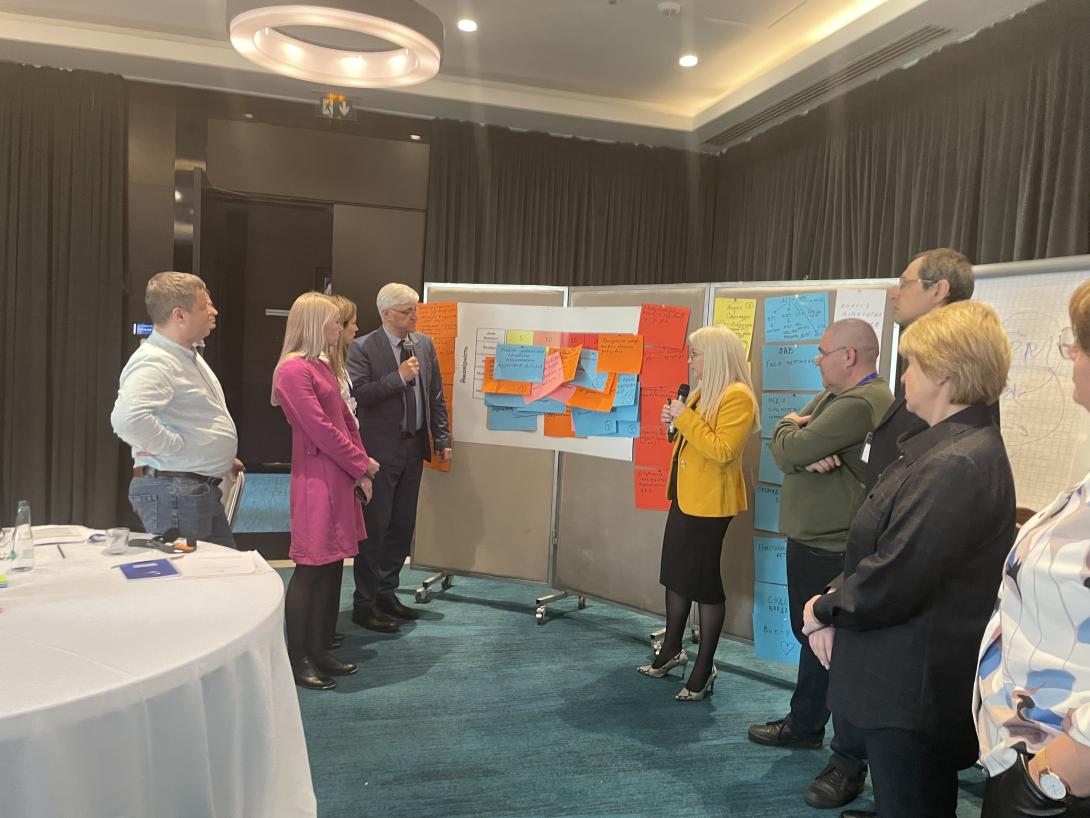
Toward a Ukrainian Model of Risk Management
Participants worked through each stage of the risk management process: defining risk categories, designing treatment plans, developing internal risk protocols, and aligning risk monitoring with electoral timelines. Central to the workshop was the Electoral Risk Management Tool 2.0 (ERMTool2.0)—International IDEA’s flagship instrument developed in 2013 and utilized in more than 50 countries, that was adapted to the Ukrainian context in 2024.
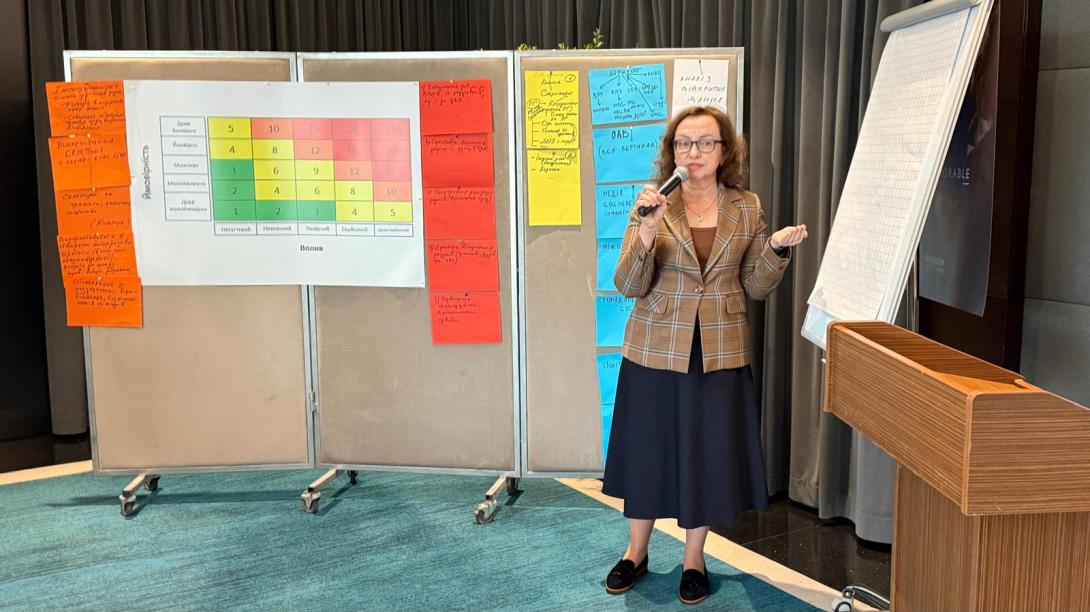
As Ukraine faces highly complex conditions for holding future elections—including legal uncertainty, large-scale displacement, limited preparation time, and the constant threat of foreign interference—the need for proactive, structured, and institutionalized risk management is urgent. This includes designing tailored risk governance structures, assigning clear roles and responsibilities, and developing guidelines and internal procedures to ensure risk-informed decisions.
“This workshop is not just about training,” said Sead Alihodzic, Principal Adviser Elections, Conflict and Risk Management, Electoral Processes Programme at International IDEA. “It is about shaping a model that can guide the CEC through its most challenging elections yet. We are committed to supporting Ukraine in strengthening its risk management systems. One day, others will look to Ukraine as protecting elections centre of excellence.”
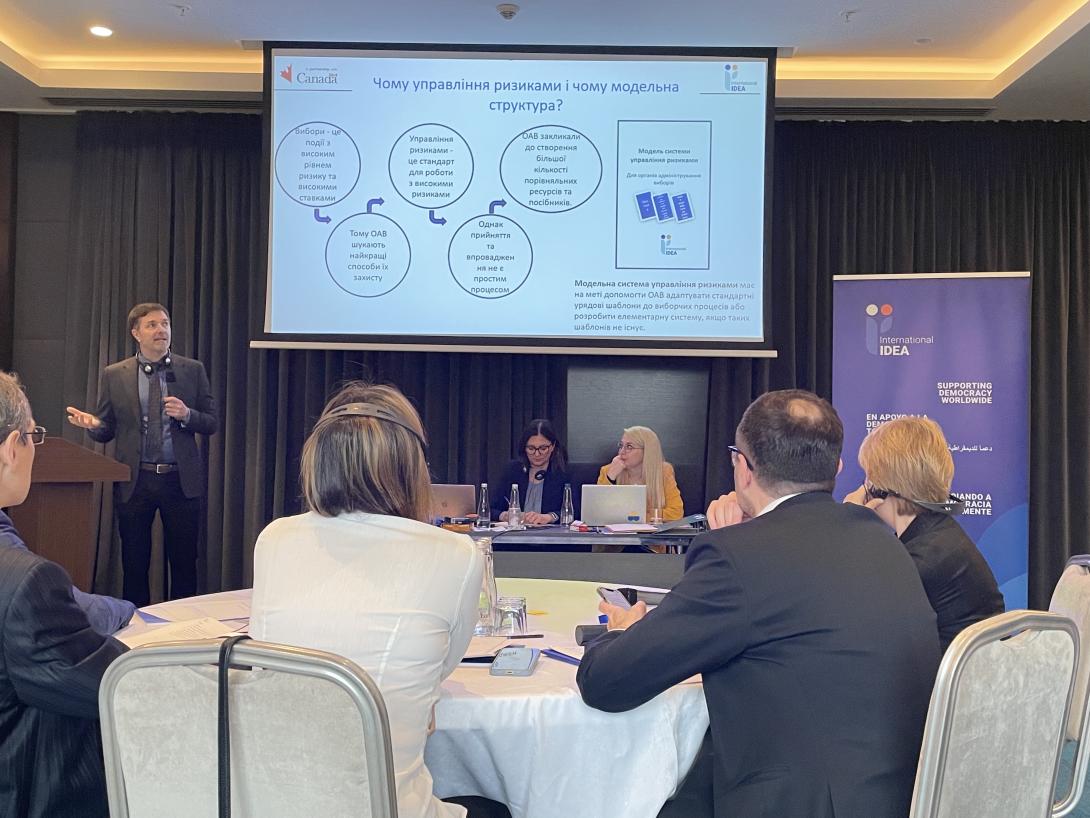
A Long-Term Investment in Democratic Resilience
This workshop builds upon previous technical discussions held in 2023–2024 and directly responds to the CEC’s request for support in designing a functional and scalable ERM framework. The agenda featured scenario-based exercises, peer learning from international experiences, and collaborative planning toward a national ERM policy and internal guidelines. This workshop was organized with the support of the Canada-funded Protecting Elections Project, and with financial contributions from Sweden, Finland, and Liechtenstein.
International IDEA remains deeply engaged in supporting Ukraine’s democratic institutions through electoral assistance, parliamentary strengthening, and constitutional reform. As Ukraine continues its path toward post-war reconstruction and European integration, the development of a national Electoral Risk Management Framework will be a cornerstone in delivering secure, inclusive, and credible elections.
